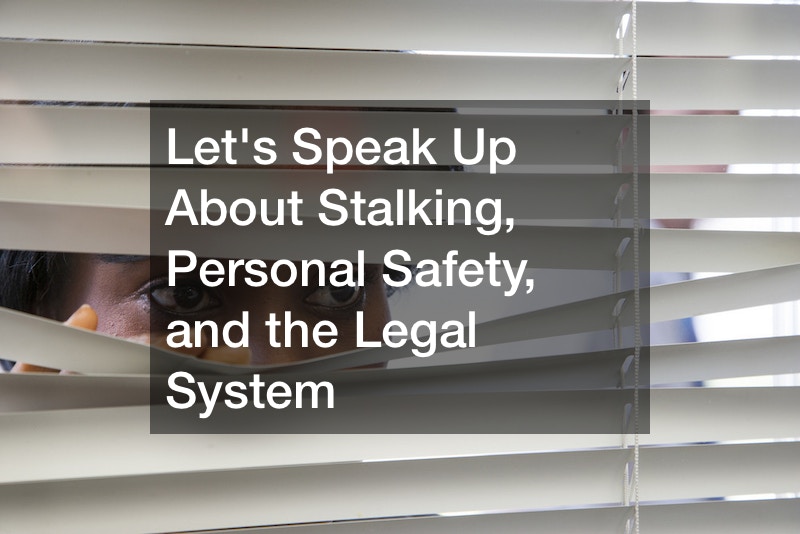and any other behaviour or behavior that is directed towards a particular person and that’s enough to strike fear in any reasonable individual. This is more or less the lawful definition for stalking and other forms of harassment as defined by or endorsed by the Department of Justice. Because it is about power and control it is often as compared to the crimes of sexual assault. You must speak out regarding stalking when it becomes apparent that you are a victim so as to involve authorities and get an appropriate course of action.
The actions may include getting restraining orders to keep your stalker from coming after you. Keep in mind that it is possible to be required to provide evidence of stalking before you’re granted any legal documents to aid you. You should also know that annoying, persistent, and clingy behavior may be considered to be stalking in this case. But it’s imperative to get involved as soon that you recognize what’s going on, because in the long run, it could make the stalker braver.
Essential Resources for Stalking Victims
It is commonplace for people to talk about stalking to help victims. They’re designed to help ensure that people are safe and decrease the risk of being victim to stalking. Talk to the deputy sheriff and see whether you are able to grant the stalker either the temporary or permanent order to prevent them from coming near you. If the stalker had previously caused damage or assault to your property or property, then this might be the best solution.
If you can demonstrate the above, you may be assisted in changing information including your number, phone number and email address, among other things. There is a chance to save plenty of cash by purchasing from an alternative location to what the ones you typically shop at and doing a shift in your everyday routine. When you contact the police with details of the stalking, they can decide whether to serve a warning to the offender or hold an informal meeting between them. of them.
wmixhnjcds.
